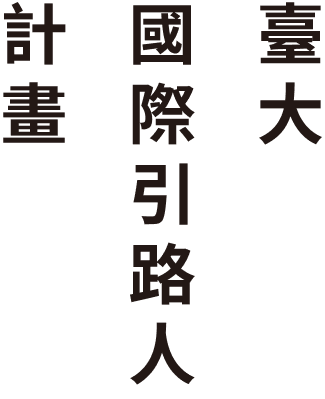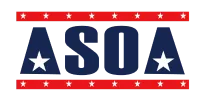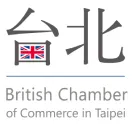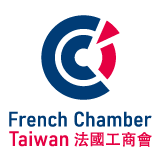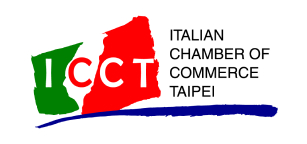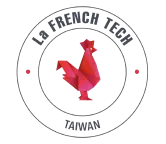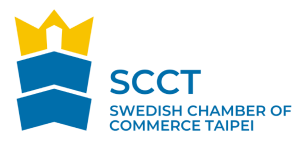
NEWS
【Organization】New wave of Taiwanese startups expanding into Japan

Since Appier's listing on the Tokyo Stock Exchange two years ago, Taiwanese startups have increasingly focused on expanding into Japan. This trend coincides with Japan's ambitious plan, initiated by Prime Minister Kishida Fumio in 2022, to transform its startup ecosystem.
Led by the Ministry of Economy, Trade and Industry (METI), the plan aims to foster 100,000 new startups and cultivate 100 unicorns within five years, emphasizing funding, education, and global startup campuses. The strategy also emphasizes increasing the number of young entrepreneurs benefiting from these programs from 70 to 500 annually, fostering various sectors, including deep tech and biotechnology.
Sustainable High City Tech Tokyo (SusHi Tech Tokyo) doubled in scale from 26,764 attendees to 40,000 this year. It drew participants from 48 countries, cities, and regions, with 60% of the attendees from abroad. Led by Taiwan’s government startup project, Startup Island Taiwan, over 40 Taiwanese startups joined the exhibition. Taiwan had the largest national pavilion in a prime spot directly facing the main stage, ensuring high foot traffic.
During the pitch competition, Taiwanese healthcare startup Cancerfree stood out among 507 startups from 43 countries, making it into the top seven and winning the Shimizu Corporation special prize, which includes the chance to do proof of concept collaboration. Last year, Taiwanese startup Turing Space also made it into the top seven.
Meanwhile, the most important startup event between Taipei and Tokyo, the Japan-Taiwan Startup Summit, takes place in September. Organized by the National Development Council and Startup Island Taiwan, this is the third year of the summit and is expected to welcome hundreds of startups, investors, and ecosystem builders.
Look at the article: https://www.taiwannews.com.tw/news/5894907

MENTORSHIP
PROGRAM
